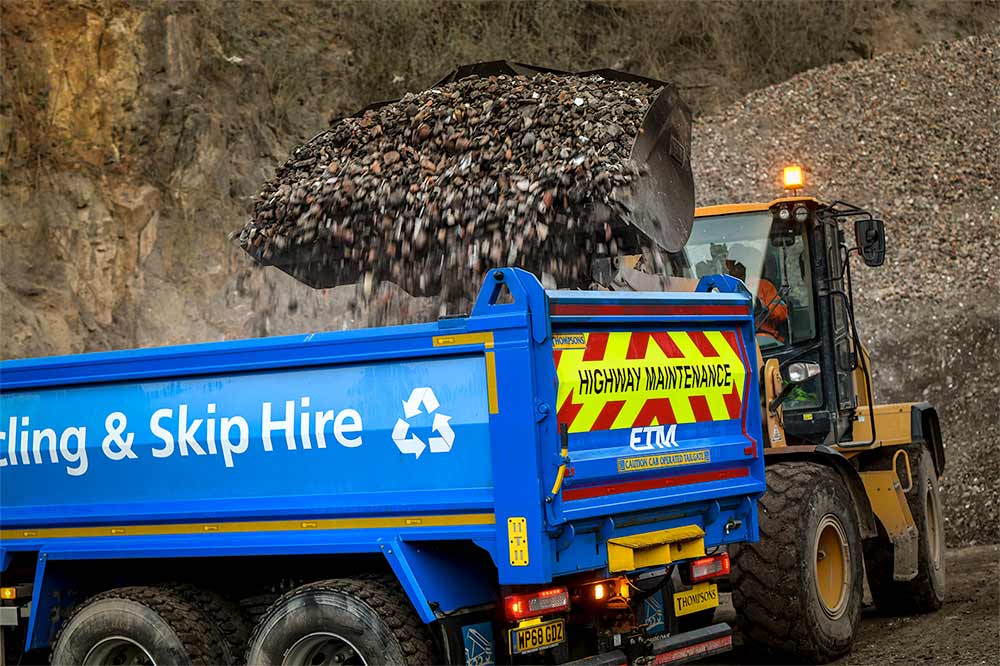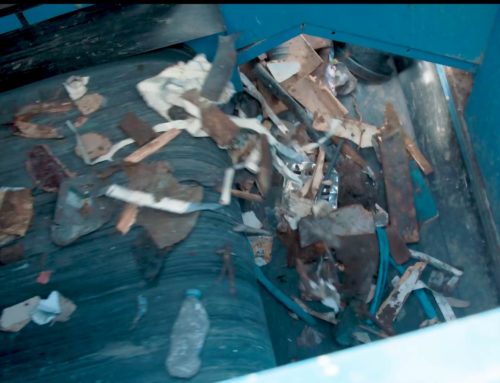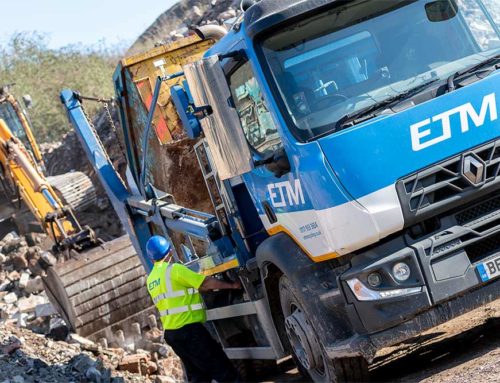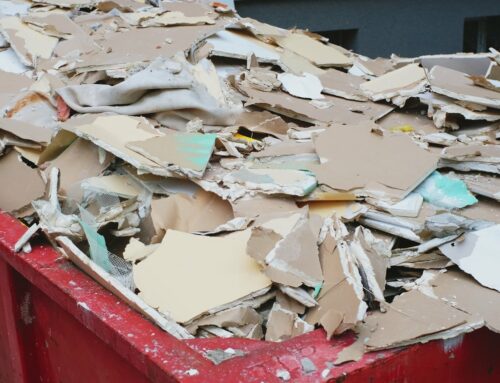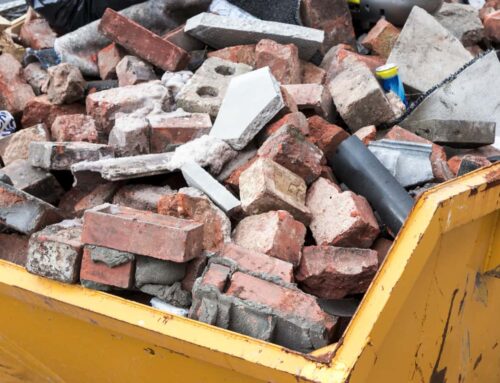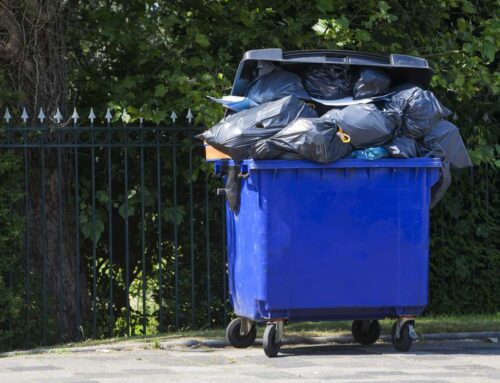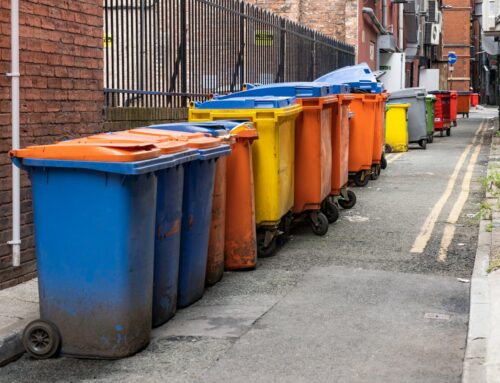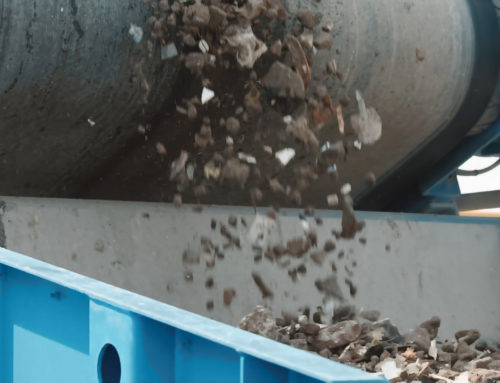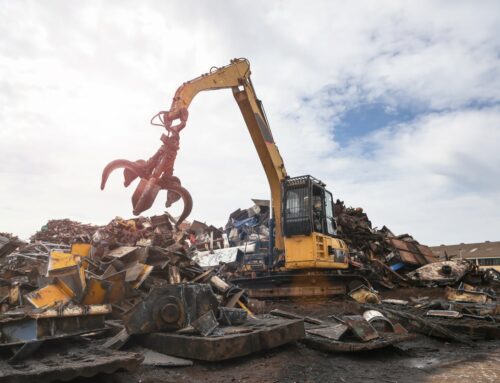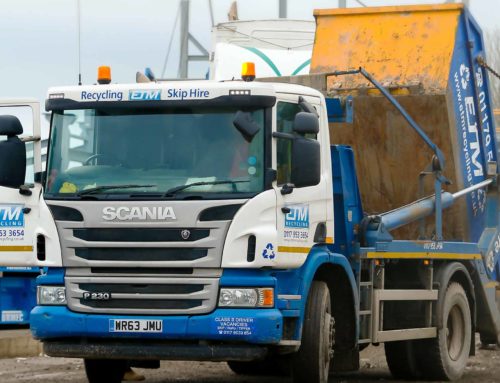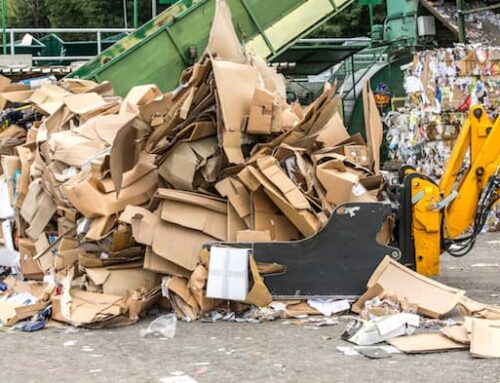Waste policy in the UK has been constantly evolving over the past few decades, improving environmental impact of waste, increasing responsibility of waste producers and reducing waste to landfill.
This does, however, mean that understanding current legislation can be tricky, and finding out what actions you should be taking can be confusing. That’s why we at ETM Recycling, a leading waste management, recycling and skip hire company in Bristol, put together this useful guide to waste management regulations. Find out the core regulations, why they are important, and how they affect you.
Who is Responsible for Waste Management?
Waste management, the processing of disposing of waste including transportation, processing, sorting etc., involves multiple parties. All those handling waste in some compacity are legally responsible to dispose of waste safely and in line with regulations. Most simply; if you produce waste, you must manage it.
Section 34 of The Environmental Protection Act 1990 assigns a ‘Duty of Care’ to anyone who has any manner of contact with waste, from producing, importing, carrying to treating or disposing waste. It is also compulsory to have a Waste Transfer Note upon collection of waste by carrier as a record of waste movement and disposal.
As a producer of business or commercial waste, responsibilities include keeping waste production to a minimum, sorting and storing waste safely, and ensuring you use the services of a compliant waste carrier. Find out more about managing waste as a UK business owner here.
Key Waste Management Regulations
Find all the current UK government regulations concerning recycling and waste management here, and waste and environmental impact here.
Pinnacle to UK waste regulations is the concept of The Waste Hierarchy, whereby those managing waste consider various other solutions before disposing in landfill. The stages are preventions, preparing for reuse, recycling, other recovery, and disposal. Prevention, reusing and recycling are prioritised waste solutions.
Find out more about The Waste Hierarchy.
The Environmental Protection Act 1990
One of the main UK acts concerning waste, The Environmental Protection Act discusses waste on land, waste management, and responsibilities for waste. When managing waste in the UK, this act will be influential and one of the central referent regulations.
Responsibilities enforced by this act include the aforementioned Duty of Care, as well as locally based initiatives including local authorities collecting waste.
EU Landfill Directive
The EU Landfill Directive regulates waste management of landfills with the overall aim of reducing use of landfills. The directive promotes diverting waste to landfill for the benefit of environment and human health. It lays out standards and rules for the use of landfill including waste types permitted and how waste should be treated prior.
Landfill poses a significant threat to human and environment health due to, as cited by the directive, pollution of surface water, groundwater, soil and air, as well as overall greenhouse effect.
Zero-waste-to-landfill is a prominent aim of many waste management companies, especially at ETM Recycling. We implement strategies to divert as much waste as possible from landfill using innovative recycling solutions. In fact, we currently recycle 98% of the waste we process – and strive to get up to 100%!
UK Waste Regulation
Since 2015, businesses have been required to separate recyclable materials (paper, plastic and glass) from other waste, followed often by separate collections for general waste. This helps to ensure that only more recycling takes places, but that it is of high quality.
Other UK Waste Regulations
Other UK waste regulations of note include:
- Hazardous Waste Regulation 2005 – Former regulations for hazardous waste (Special Waste Regulations) were less broad. Since 2005, regulations have covered a range of materials including television sets, fridges, pc monitors, batteries etc. Hazardous waste is deemed anything that contains substances that may be harmful to human health or surrounding environment.
- The Waste Electrical and Electronic Equipment Directive – This aims to reduce the amount of electrical/electronic equipment that is produced so less is wasted. It encourages people to reuse, recycle and recover electrical materials.
- Packaging Waste Regulations – Developed to promote the use of less packaging overall as well as alternative materials, especially to single use plastic. The regulations outline requirements for recyclable, biodegradable, reusable or energy recovery disposable packaging.
Importance of Waste Management Regulation
Not only are the above regulations often enforceable, and therefore non-compliance risks fines etc., but they are beneficial for the environment. Diverting waste from landfill and increasing recycling are fundamental to improving the UK’s contribution to global warming and pollutions.
By making recycling a requirement for businesses, or at least more efficient through sorting, the regulations make businesses aware of their output and how much they contribute. This may aid a wider revaluation of business processes and how they can be greener as well as more cost effective.
Increased control of hazardous waste is also significant for the environment, as well as human health. Ensuring proper separation and disposal could be beneficial to wellbeing.
Learn More with ETM Recycling
If you would like to find out more about waste management regulation or compliant local providers, get in touch with ETM. We are accredited waste management providers dedicated to recycling and diverting waste from landfill. With state-of-the-art facilities based just outside Bristol, we are industry leaders in the South West.
We have the expertise to help you achieve compliant and effective waste management.
